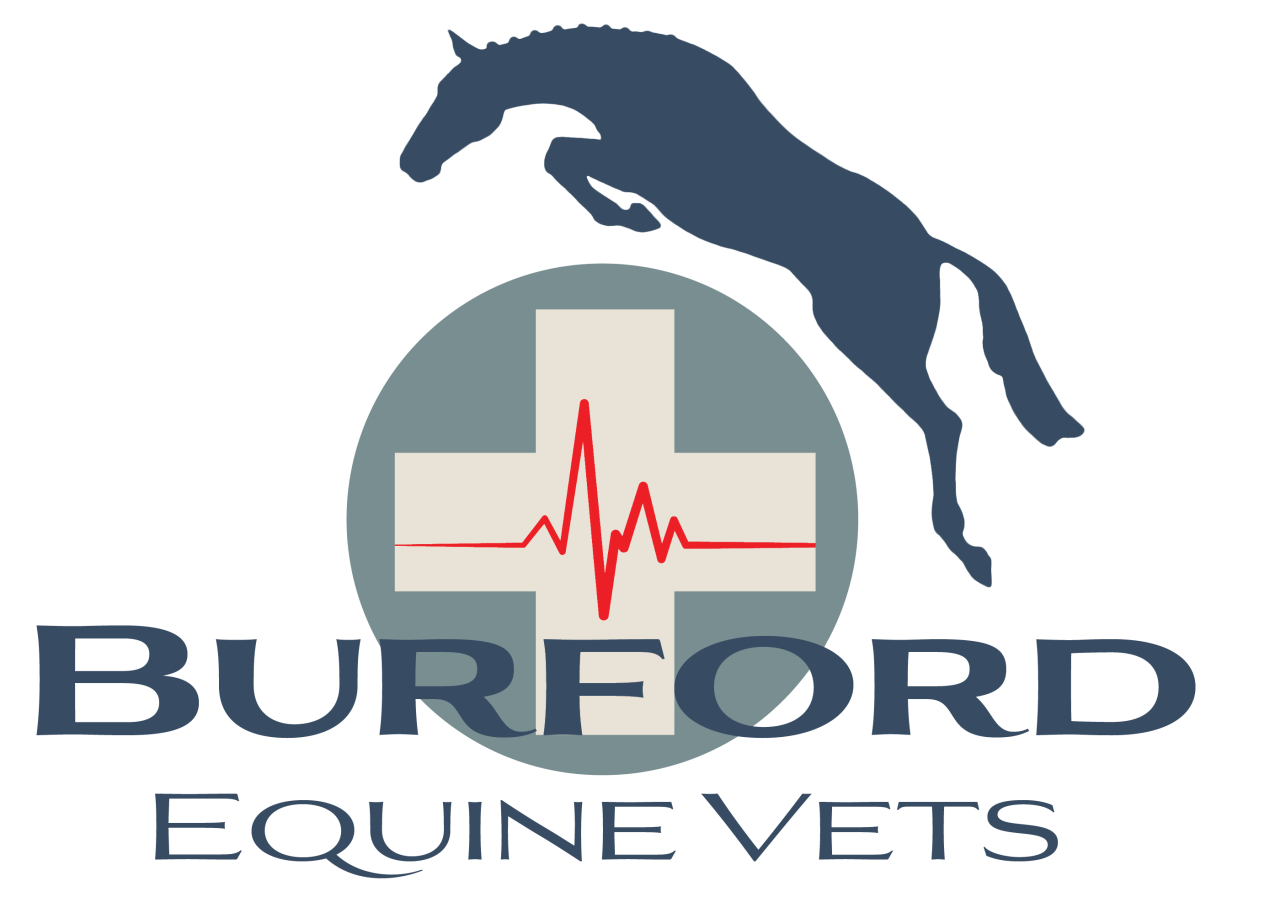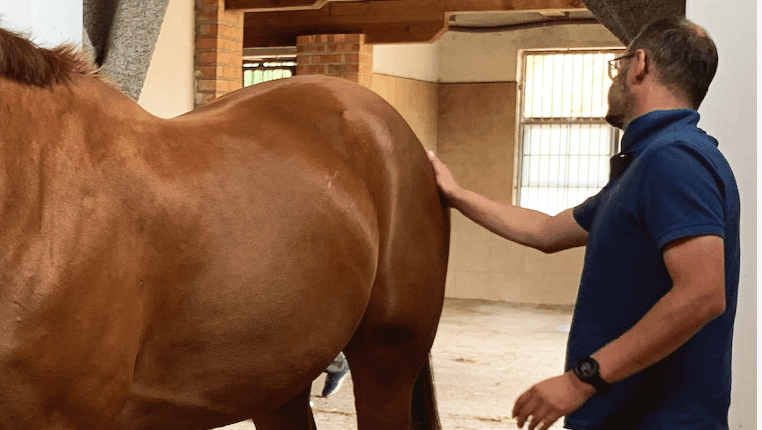What We Do
Thorough investigations or lameness work-ups, can be carried out where the horse is stabled. Depending on the extent of the issue, the horse can be assessed in the stable, trotted-up, flexed, lunged or ridden.
We carry diagnostic equipment to every call, so if required joint / nerve blocks, x-rays and ultrasound scans can support the most accurate diagnosis from the first visit.
We will clearly explain all the treatment options and discuss the most appropriate action, aligned with what the owner wants to achieve with their horse,
Poor Performance
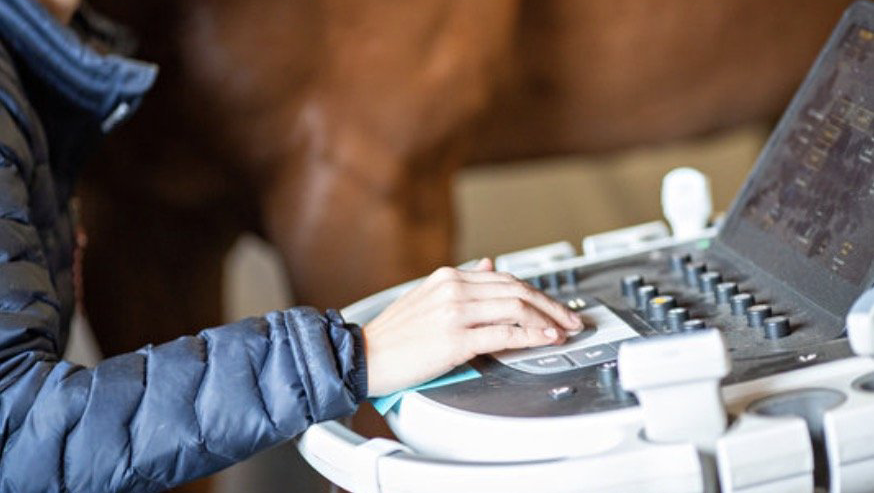
Many factors can cause our horses to perform below par. An in-depth examination is required to identify why our equine-athletes are not fulfilling their potential.
Using a 360 approach, we consider sports-related injuries (bone, ligaments and muscles) and internal causes (respiratory tract, stomach and heart problems) whilst also considering low grade infections.
Alongside our expert eye, we can use blood tests, video-endoscopy, x-rays and chiropractic assessments to get to the root of the issue.
Medical Investigations
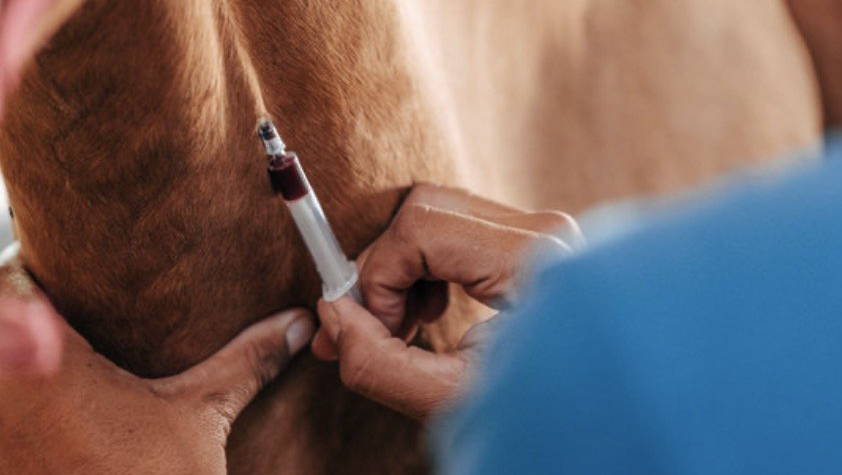
Unfortunately, horses can’t directly tell us what the underlying problems are or what is leading to behavioural issues, so further medical assessments maybe required.
Gastric ulcers, coughs, skin problems, sarcoids, respiratory issues, internal disorders and colic are some of the more common issues we address.
Pre Purchase Examinations
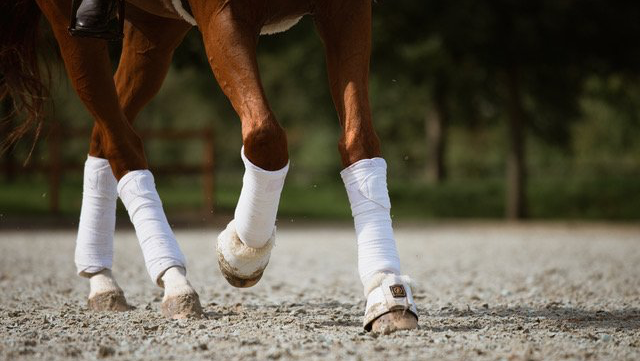
A pre-purchase examination is essential to assess whether the horse is suitable for its intended purpose. Whether a future World Champion or a happy hacker, vetting the horse beforehand makes the buying and selling process smoother and helps to ensure the success of the horse and rider partnership going forward.
We offer both 2 and 5 stage vettings, with supplementary x-rays, scans and scopes if required to highlight potential lameness or medical problems that may influence the horse or pony’s suitability for a certain use.
We can also attend thoroughbred or sport horse auctions, in the UK or abroad to perform pre-bidding examinations.
Biological Therapies
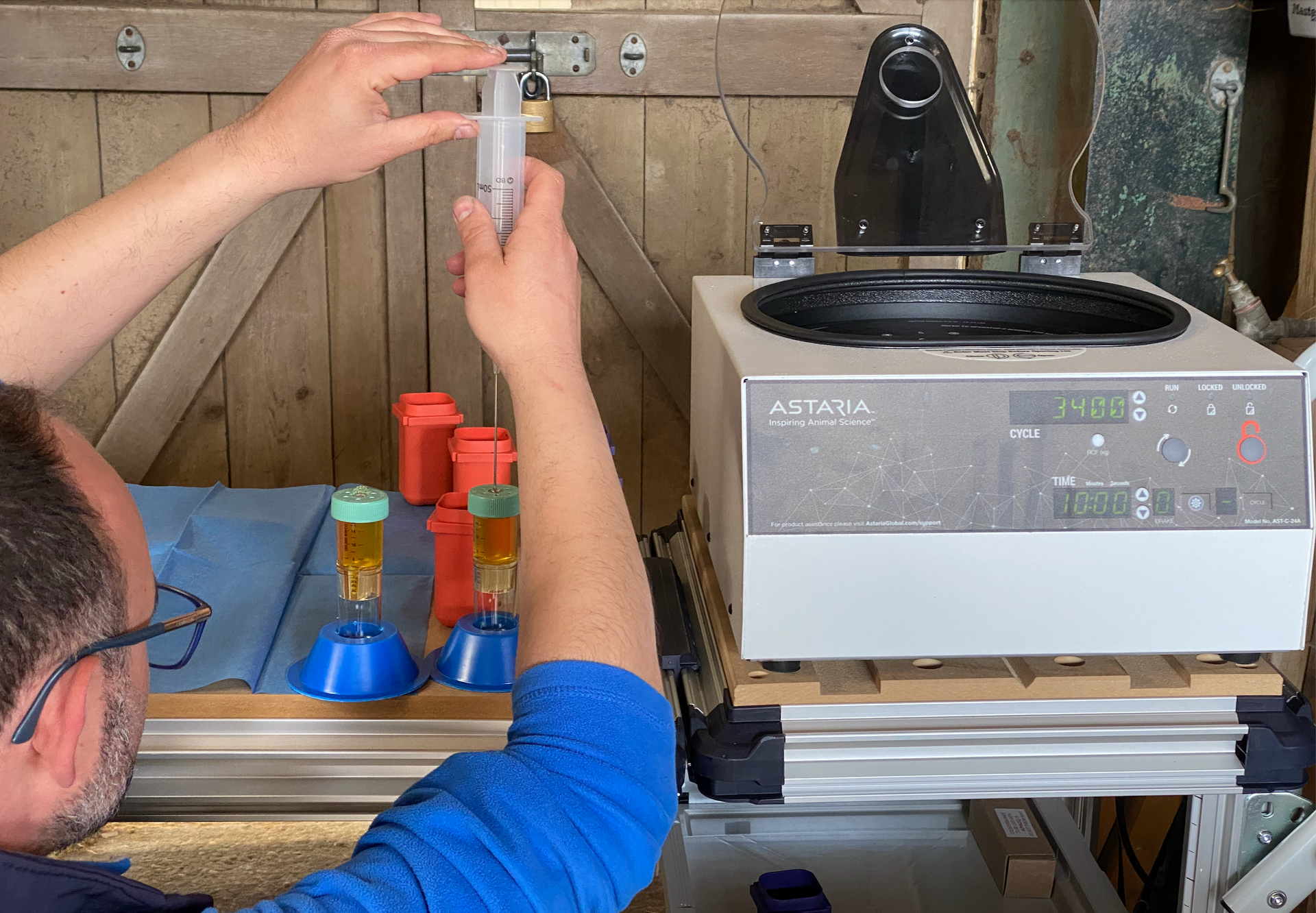
The
Alpha-2-macroglobulin (a2M) is a naturally occurring protein within the blood, which can help to prevents cartilage breakdown. It does this by capturing and eliminating destructive enzymes in the joint space and slowing down the progression of degenerative joint disease.
Using a centrifugation process, we can isolate the a2m from the horse’s own blood and injected it directly back into the affected joints. This procedure helps to decrease inflammation, relieving pain, and modulating cartilage degeneration caused by osteoarthritis.
We can also offer a range of other Biological therapies such as, stem cells, PRP and Prostride.
Standing Gastroscopy
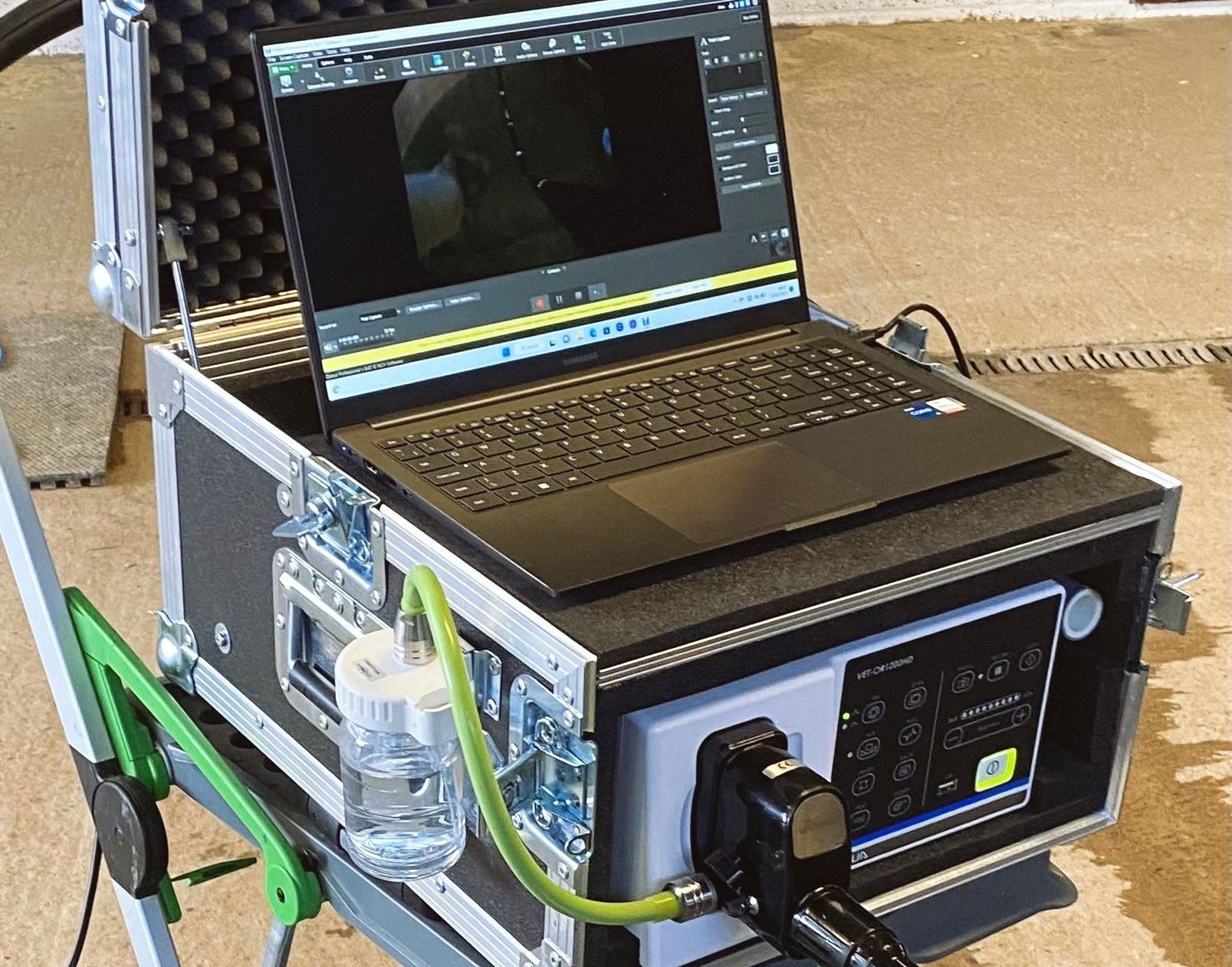
A standing Gastroscopy involves a 3.5m endoscopic camera being passed through the nasal passage and into the stomach. This allows us to assess the health of the stomach lining through to the outflow of the stomach. The horse is sedated throughout the procedure that takes generally takes between 15-20mins.
Gastric ulcers stem from exposure to stomach acid, resulting in damage to the stomach lining. Ulcers emerge in two main regions: the glandular mucosa, and the squamous mucosa. Ulcers can arise from many factors such as, increased stress, reduced forage or grazing, exercising on an empty stomach, intensive or increased workload, and diets high in concentrates.
Symptoms can include, poor condition, decreased appetite, discomfort during girthing or grooming,
weight loss, recurring or sudden colic, subpar performance, and changes in behaviour
or attitude.
Equine Chiropractic Treatments
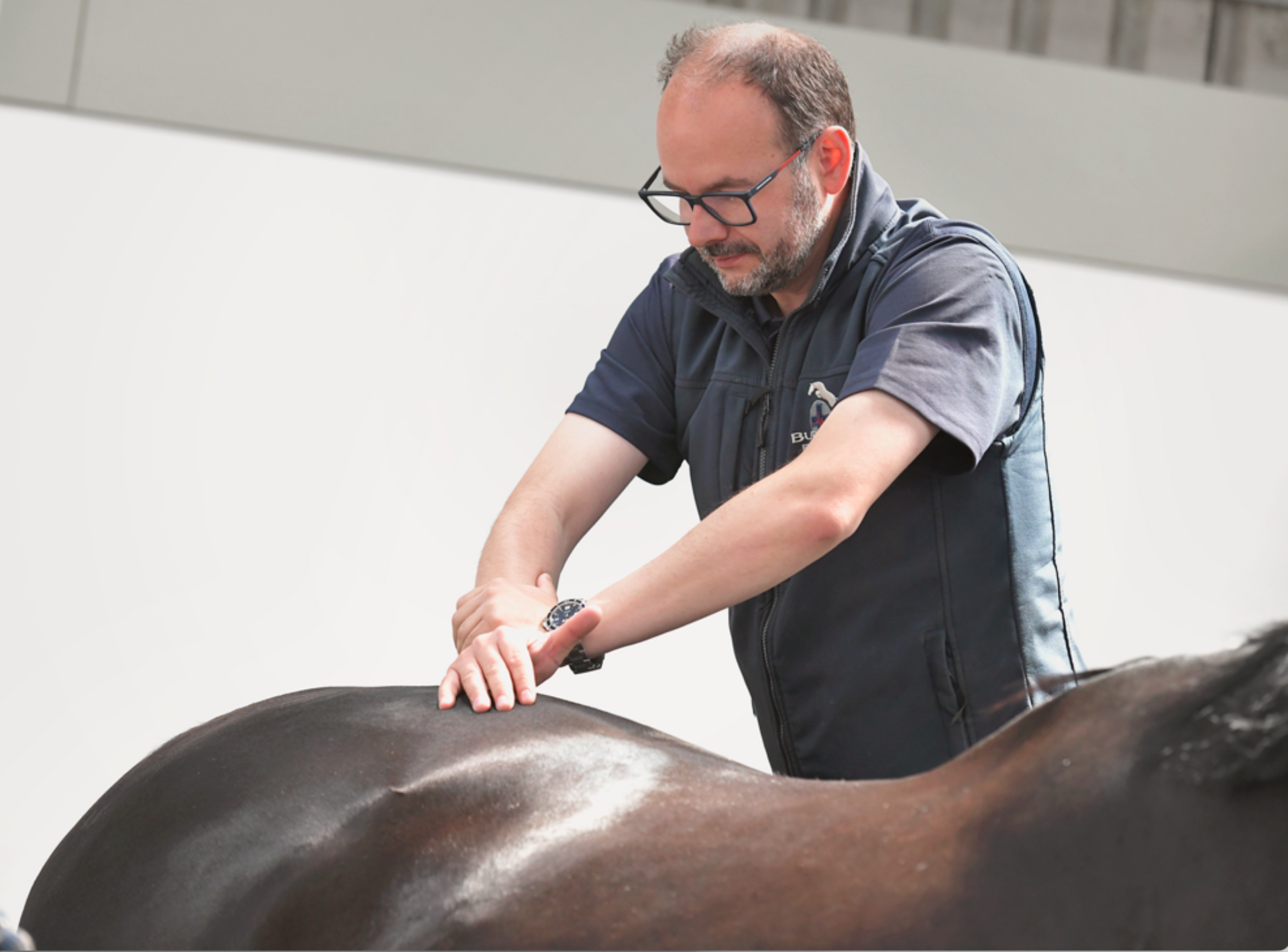
Bart, is a certified Equine Chiropractor with the International Academy of Veterinary Chiropractic (IVAC), and integrates these techniques within his holistic approach to equine sports medicine.
Chiropractic therapy uses precise manual adjustments to alleviate joint restrictions, re-establishing their optimal range of motion. Restricted areas can impact a horse's movement, cause bio-mechanical strains, affect the blood flow and neural processes, which can cause inflammation, muscle fatigue, and lead to long-term issues such as joint stiffness, muscular tension and chronic pain.
Whilst, not a full replacement for traditional veterinary treatment, chiropractic therapy can work in alignment
to treat back pain, multi-limb lameness, and performance problems
Hofmag PEMF Therapy

Accelerate healing:
Hofmag enhances healing through cell membrane changes, inducing hyperpolarisation. This process promotes tissue repair, reduces inflammation, regulates nerve regeneration, alleviates pain, and restores homeostasis.
Reduce Pain:
Hofmag therapy reduces your horse's pain and improves overall wellbeing by altering cell activity, modulating nerve signalling, promoting endorphin release, decreasing inflammation and providing effective pain relief for various conditions
Accelerate Performance:
Hofmag therapy aids injury prevention by enhancing range of motion, promoting tissue repair, improving circulation, reducing muscle tension, supporting optimal physical function and performance.
Class 4 Laser
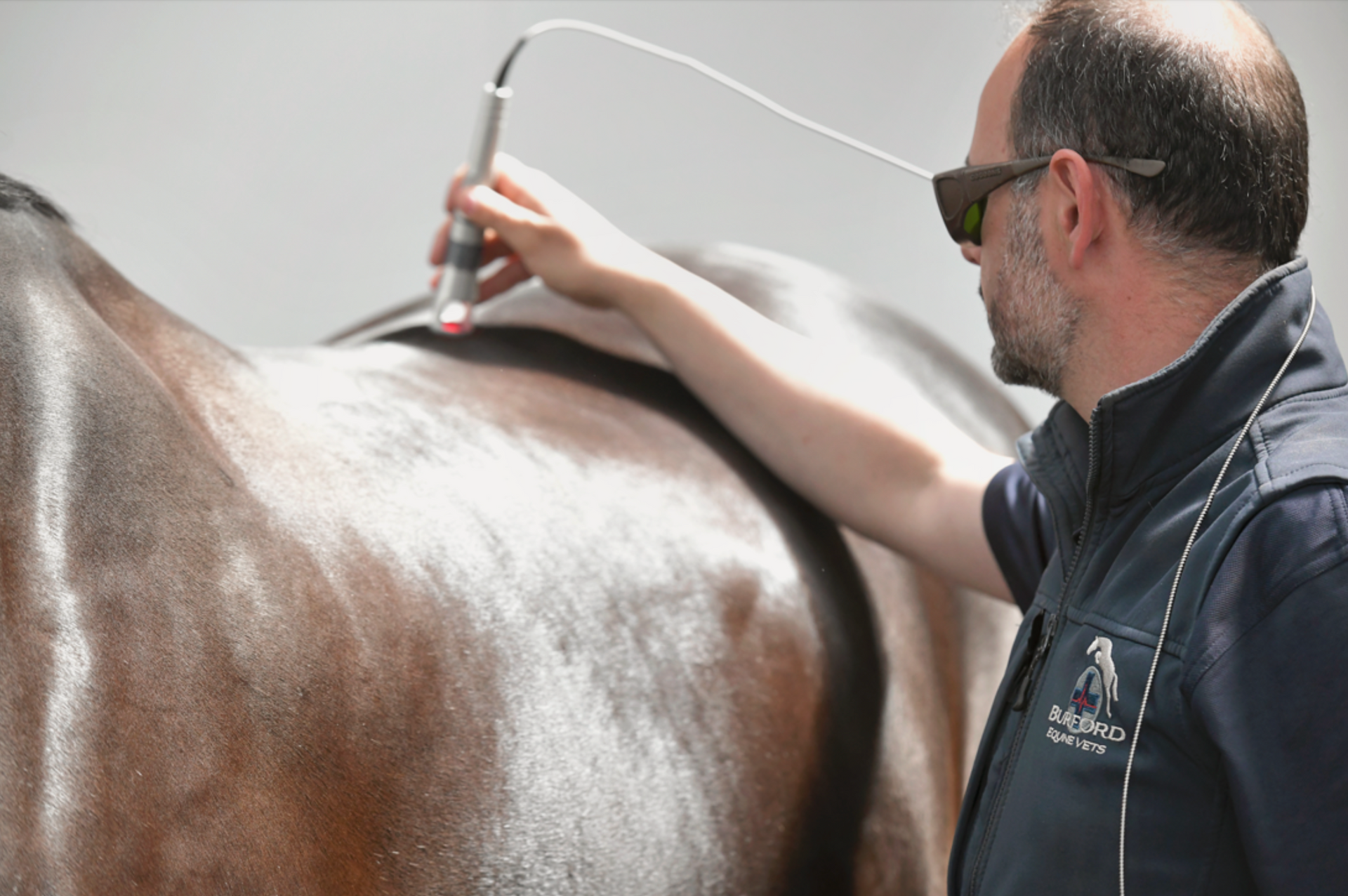
Through a combination of different wavelengths, power and frequency of light, a Class IV laser stimulates the body’s healing mechanisms via a process called photobiomodulation.
Laser therapy is able to improved healing times, pain reduction, increased circulation and decrease swelling.
Often used for:
- Joint Pain and Osteoarthritis
- Tendonitis
- Edema and Congestion
- Chronic pain / Lameness
- Fractures / Sprains / Strains
- Trauma, Puncture Wounds
- Dermatitis
- Infected & Chronic Wounds
- Rehabilitation
- Recovery from surgery
Routine and Dental

We are available for all aspects of veterinary care and advice. Including routine vaccinations, passports, microchipping, preparation for competition and older horse management.
Bart is also an experienced equine dental practitioner using both manual and electric rasps to get the best results for your horse.
Event Cover
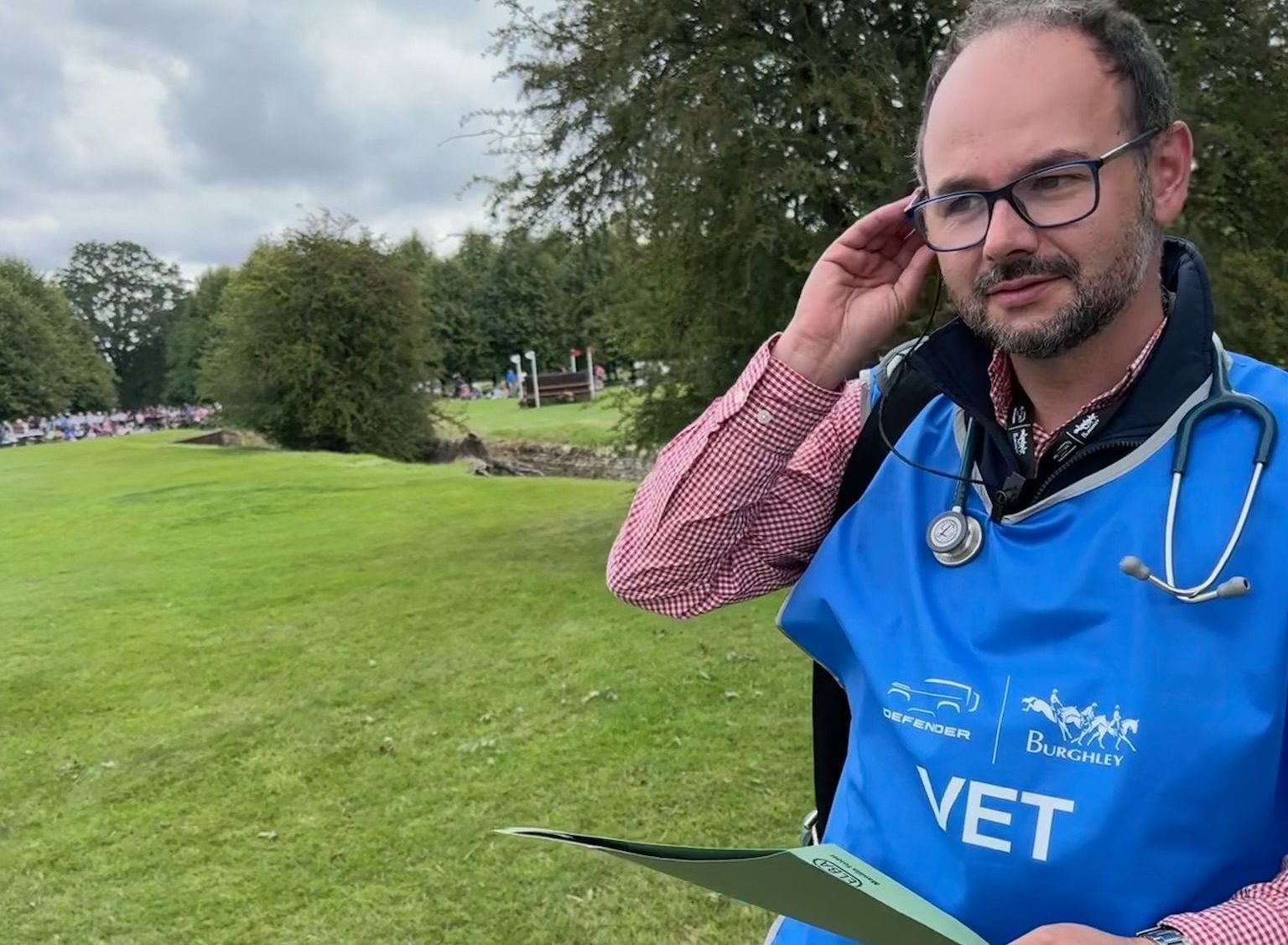
Qualified as a FEI treating vet, Bart enjoys attending affiliated and unaffiliated events, and seeing the riders hard-work and determination come to fruition.
As a member of ARVS (Association of Racehorse Veterinary Surgeons) Bart is trained to attend Racecourses throughout the UK, whether assessing the horse in the paddock, supervising the starting stalls or doing the post-race checks.
If Bart's busy schedule allows he also enjoys being a 'vet on set' supervising horses being used for TV, films or adverts.
Export Health Certificates
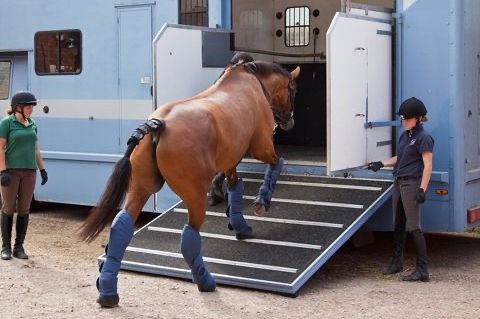
If you want to compete abroad or export your horse, it must be accompanied by an export health certificate (EHC) issued by DEFRA and completed by an Official Veterinarian (OV).
The requirements can vary depending on the country the horse is travelling to and potentially where the horse may have travelled from. Some countries require certain blood tests or swabs to be performed prior to export.
It is the responsibility of the owner, often in combination with their chosen shipping company, to ensure all these requirements are met prior to the export date.
We are happy to assist you through the process and as an 'OV' Bart can complete the EHC papers and carry out the required examinations for export.
